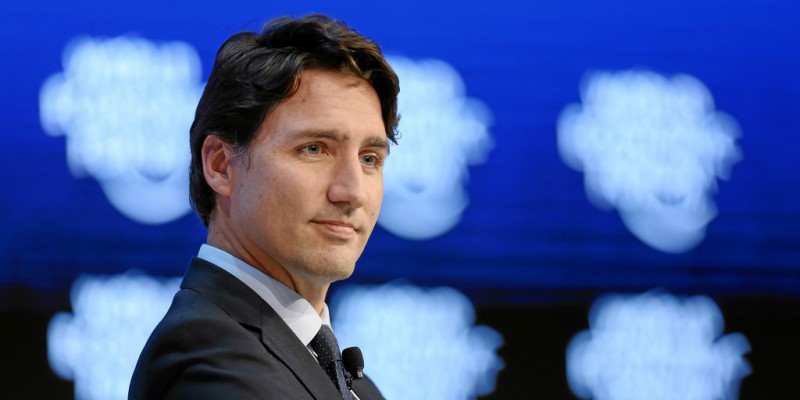Our national unity pipeline

After this week’s federal election there has been a lot of talk about the suddenly gloomy prospects for national unity—or at least national getting-along, since we’ve seldom had true national unity, not even during two world wars. But there are also new questions about party unity. The Conservatives, Greens and New Democrats may face leadership challenges and contests because of disappointing results. But even the Liberals are likely to face internal difficulties, not just because their vote total declined, but because a key pillar of their national unity strategy is about to be tested and that’s going to cause stress within the party.
Past national unity debates have been about language, jurisdiction, “nation”-hood and the Constitution. The debate we’re about to have will revolve around pipelines and resources. Alberta in particular and the West in general want the same respect within Confederation that Quebec sought since 1960, if not earlier, and in my view, though not Quebec City’s, has now largely attained. The respect sought arises in this instance from the freedom to develop and sell natural resources with minimal interference from the rest of Canada (or ROC, as we know it from earlier unity debates, except that in this version ROC now includes Quebec).
How do the Liberals satisfy the West’s demands for respect? They’ve obviously got to build the pipeline they bought last year and they may also have to build future pipelines. Their political problem, which will challenge their own unity, is that as they do so they’ve got to answer the concerns of that part of their political base that puts carbon reduction high on its list of priorities.
How can a pipeline-builder be carbon-responsible, too?
Economics suggests there’s no necessary inconsistency there. You deal with carbon by putting a price on it, which Ottawa has done. But once you’ve done that you stand back and let the economy rip. Carbon consumption likely will fall, which means fossil fuel consumption will fall. But almost certainly not to zero. Even with a high price on carbon, some uses for fossil fuels simply don’t have good substitutes. And so there may well be continuing demand for Western Canadian petroleum and therefore the possibility of making a profit moving it through pipelines to wherever people want to pick it up.
Having put a price on carbon, whether to build more pipeline capacity is a decision that, ideally, you leave to private operators. With all the social costs of using carbon embedded in its price there’s no further “externality.” Market prices will tell you whether the demand for your product is great enough to justify building and operating the pipeline. Unfortunately, we now have a government-owned pipeline, which means profit won’t be a big factor in decision-making, though we would want it to be. But that’s water under the bridge or flow through the pumping station, so the test eventually will be whether any private operator the government will sell to can cover its operating costs. If it can’t, it won’t buy.
And the argument that environmentalists shouldn’t own pipelines? That’s just wrong. Even with carbon use reduced to globally “safe” levels there may well be a demand for Western Canadian energy and if that’s the case, we need a pipeline to deliver it. Selling young Liberal environmentalists on that won’t be easy, but that’s the logic the policy is built on and it’s sound economic logic. The prime minister communicates well with young people. Let the communication begin.
So far, the Liberals have largely finessed their internal unity problem by promising to build the pipeline but not actually doing so. Is that all their fault? Probably not. The courts have been predictably intrusive on the question of whether consultations were done correctly, which has required them to be re-done. But delay has gone on about long enough for the policy’s political believability. It’s time to start building. Doing so almost certainly will meet with resistance and putting down the resistance will make for very bad video—in some circles maybe even blackface-bad. So from the government’s point of view it’s a good thing we probably don’t have another election for a couple of years, at least.
But if the government doesn’t get the pipeline built, its prospects in Western Canada probably won’t recover before yet another generation of Trudeaus is in the political game. More importantly, Western Canadians, not a naturally bitter people, will remain permanently annoyed at the rest of the country and ready to do something about it.
Author:
Subscribe to the Fraser Institute
Get the latest news from the Fraser Institute on the latest research studies, news and events.

